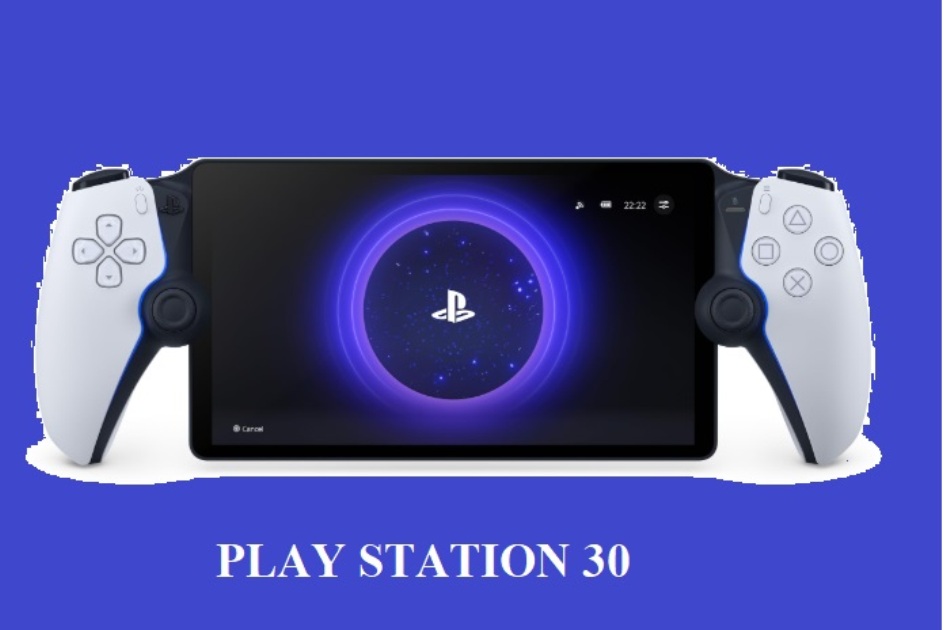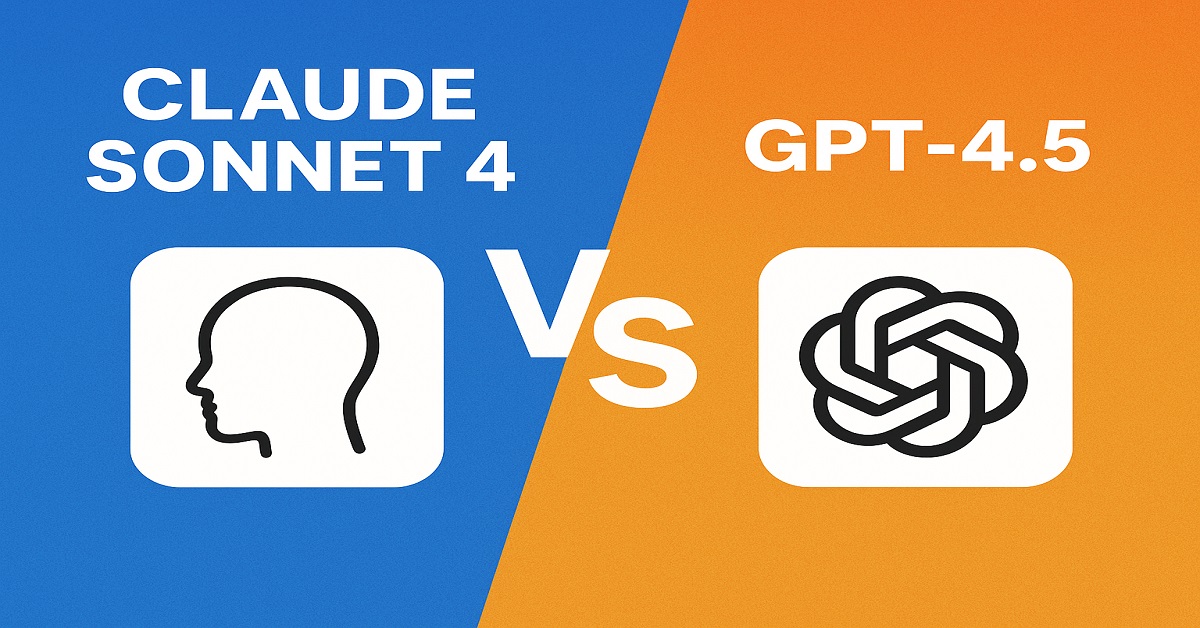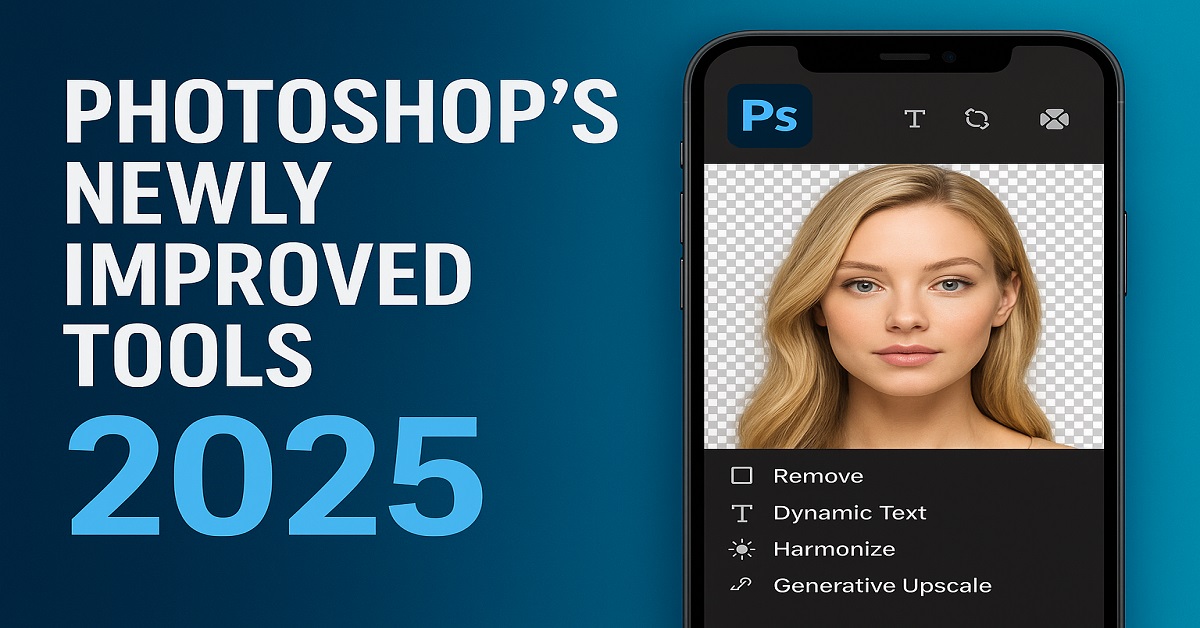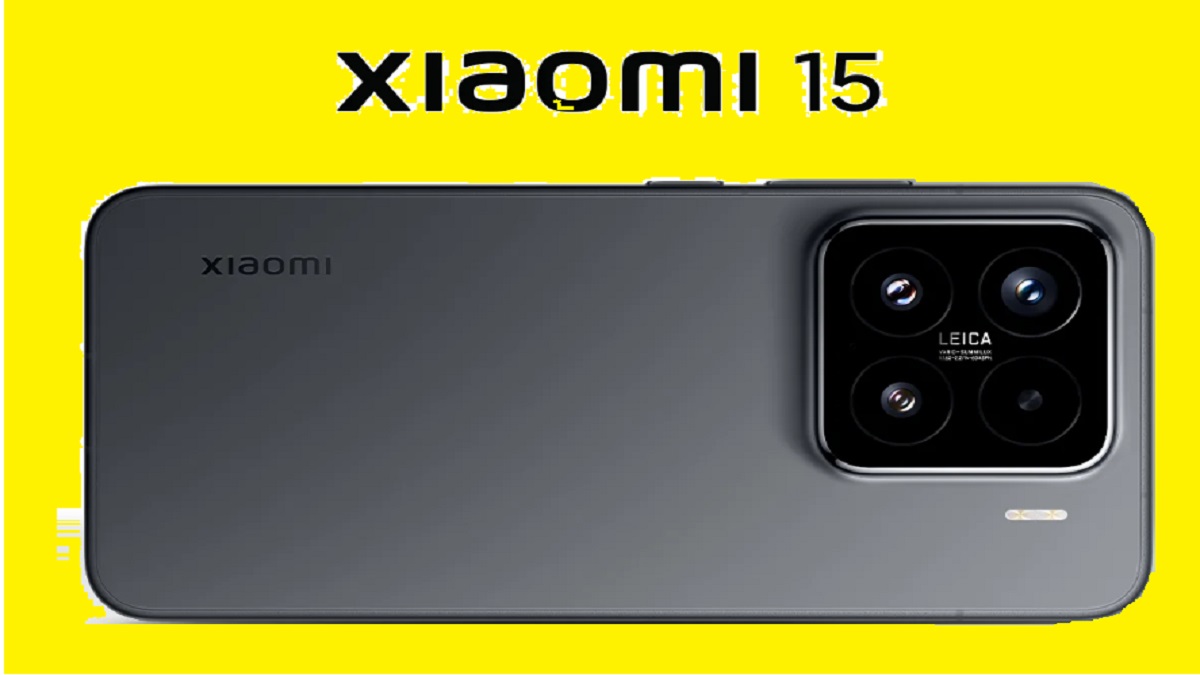In December 1994, something incredible happened in the gaming world. Sony launched the PlayStation in Japan, and it changed everything. What started as an idea for a CD add-on for the Super Nintendo evolved into a console that revolutionized video gaming. Today, 30 years later, we’re looking back at how the PlayStation not only disrupted the industry but made video games cooler than ever.
The Unexpected Beginning
The PlayStation’s story didn’t start as a grand plan to take over gaming. In fact, Sony wasn’t even a big player in the market back in the late 1980s. The company had tried and failed with the MSX computer, but then they got an opportunity to team up with Nintendo. Their mission? Build a CD-ROM add-on for the Super Nintendo Entertainment System (SNES).
But at the 1991 Consumer Electronics Show, Nintendo shocked everyone by ditching Sony and announcing a partnership with Philips instead. It was a public breakup, and Sony was left humiliated. Instead of giving up, Sony decided to go all in and make their own console. Led by engineer Ken Kutaragi, they developed a 32-bit powerhouse called the PlayStation. It wasn’t just a bold move—it was the start of a revolution.
The Launch That Shook the Industry
When the PlayStation sent off in Japan in December 1994, it was facing some extreme rivalry. Sega’s Saturn had previously stirred things up around town with huge name arcade games like Daytona USA and Virtua Contender. From the get go, the PlayStation didn’t get a similar sort of buzz, yet Sony wasn’t flustered.
As launch dates for the US and Europe approached, the PlayStation’s lineup of games grew stronger. Titles like Toh Shin Den, Jumping Flash!, furthermore, Engine Toon Excellent Prix flaunted the control center’s staggering 3D illustrations. Toward the finish of 1995, the PlayStation was relentless, with raving successes like Crash and Tekken blowing some people’s minds and winning hearts.
Gaming Grows Up
In the mid-90s, gaming was often seen as something just for kids. Sony decided to change that. Instead of marketing the PlayStation as just another toy, they made it a lifestyle statement. Their ads didn’t just showcase games—they told stories, captured moods, and spoke to an older crowd.
Sony even took the PlayStation to nightclubs and music festivals, making it part of the cultural zeitgeist. Campaigns like the “Double Life” ad brought gaming into the mainstream, showing that video games could be as cool as movies or music.
A Golden Age of Games
What truly set the PlayStation apart was its games. The console didn’t just have great titles—it had groundbreaking ones. Resident Evil introduced survival horror. Final Fantasy VII showed the world that video games could tell epic, cinematic stories. Tony Hawk’s Pro Skater gave gamers a taste of skateboarding culture, while Tomb Raider brought adventure gaming to life with a bold new heroine.
Sony also opened the doors for developers to experiment. Games like PaRappa the Rapper and Vib-Ribbon weren’t just fun—they were weird, creative, and totally unique. Meanwhile, family-friendly hits like Crash Bandicoot and Spyro the Dragon ensured there was something for everyone.
The PlayStation Legacy
Over its 10-year lifespan, the original PlayStation sold more than 100 million units. It broke Nintendo and Sega’s hold on the industry and proved that gaming could be for everyone—kids, adults, casual players, and hardcore fans alike. Its sleek design, iconic startup sound, and those little memory cards became symbols of a new era in gaming.
The PlayStation didn’t just succeed—it set the stage for the future. Franchises like Tekken, Gran Turismo, and Metal Gear Solid became global phenomena. The console also cemented CD-ROMs as the gaming format of choice, paving the way for bigger, better games.
Why It Matters 30 Years Later
The PlayStation wasn’t simply a control center — it was a social shift. It showed that computer games could be something other than diversion; they could be workmanship, narrating, and self-articulation. Sony’s strong moves in the mid 90s didn’t simply make a fruitful item — they constructed a heritage that is as yet molding the gaming business today.
As we celebrate 30 years of PlayStation, it’s amazing to think about how far gaming has come. The console didn’t just make video games cooler—it made them a universal language. So here’s to the PlayStation, the little gray box that changed everything.








